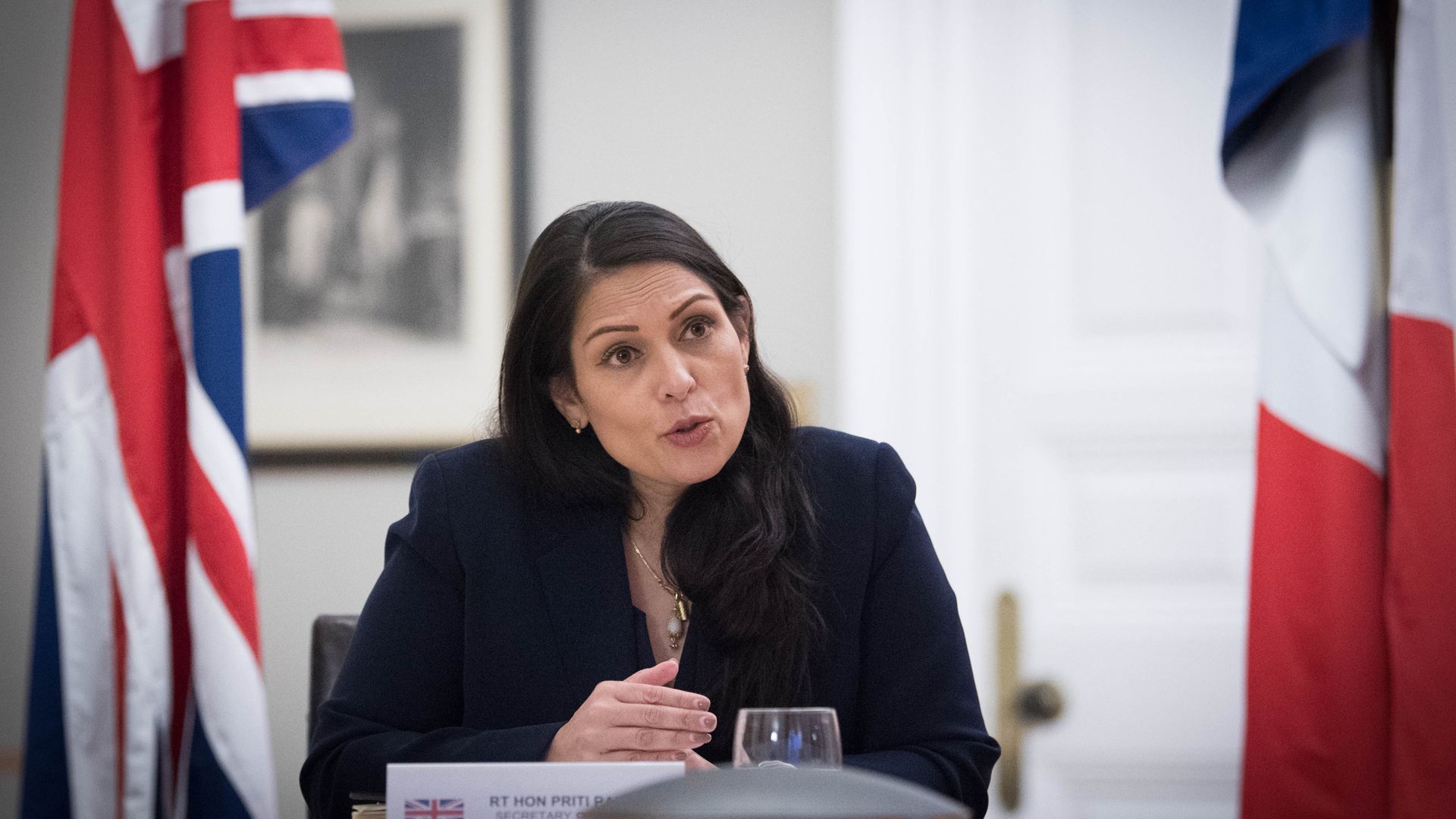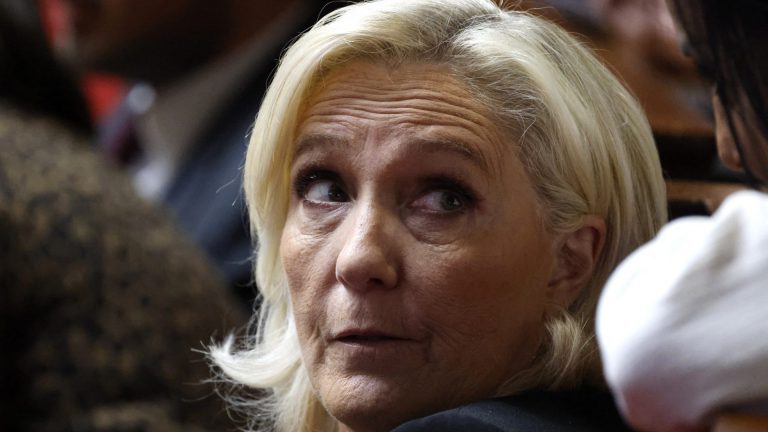
Home secretary Priti Patel has been accused of leaving the “nation’s doors unlocked” to alarming new coronavirus variants amid calls to strengthen border protections.
Ministers were considering introducing a requirement for international arrivals to have a negative coronavirus test before travelling to Britain in order to tackle surging cases.
But Labour joined some senior Tory MPs in calling for measures to be strengthened as Boris Johnson imposed the third national lockdown in England.
In a letter to the home secretary, her Labour shadow Nick Thomas-Symonds called for an “urgent review and improvement plan” over quarantine arrangements.
He said protection against variant strains arriving from overseas was “effectively non-existent”, pointing to government figures suggesting just 3% of arrivals expected to quarantine in England and Northern Ireland were successfully contacted by compliance checkers in the summer.
“It is especially worrying given the concerns regarding mutation of the virus that emerged in South Africa, which the health secretary rightly said is ‘incredibly worrying’,” Thomas-Symonds wrote.
“However, the lack of a robust quarantine system as a result of shortcomings from the government mean that it is virtually impossible to keep a grip on this spread or other variants that may come from overseas, leaving the UK defenceless, and completely exposed, with the nation’s doors unlocked to further Covid mutations.”
Concerns are particularly high over the South African variant because it is not only thought to be more contagious but there are fears it could affect the current vaccines, unlike the novel strain that has achieved high prevalence in England.
Direct flights to the UK from South Africa have been suspended and many new arrivals who have been there in the previous 10 days will not be permitted entry.
Conservative former health secretary Jeremy Hunt on Monday called for the closure of the borders, with an “off-the-scale” winter crisis brewing within the NHS.
Ahead of the prime minister’s statement, the chairman of the Commons Health and Social Care Committee wrote on Twitter: “Time to act: thread on why we need to close schools, borders, and ban all household mixing RIGHT AWAY.”
The SNP’s home affairs spokeswoman Joanna Cherry accused the government of “repeating the same mistakes” by not introducing “effective” restrictions at the border.
“The UK government must stop all but essential travel, and introduce a far more rigorous system of health checks and quarantining at the border,” she said.
Senior cabinet minister Michael Gove said announcements on “how we will make sure that our ports and airports are safe” will come in the days ahead.
“It is already the case that there are significant restrictions on people coming into this country and of course we’re stressing that nobody should be travelling abroad,” he told ITV’s Good Morning Britain.
Gove said during his series of broadcast interviews that he is in discussions with the devolved UK administrations about the terms of the announcement affecting international visitors.
Discussions around requiring passengers to receive negative tests before arrivals include an exemption for hauliers.
Currently arrivals into England from nations that are not exempted under the travel corridor programme must isolate for 10 days.
But under the test and release scheme introduced in December, this can be shortened if they have a private test five days after their departure and it comes back negative.
During the first lockdown, the government argued against introducing border restrictions while the prevalence was so high in the UK, with experts arguing it would do little to bring down infection rates.
A quarantine period, however, was introduced in June after the first peak and when cases were more under control.









